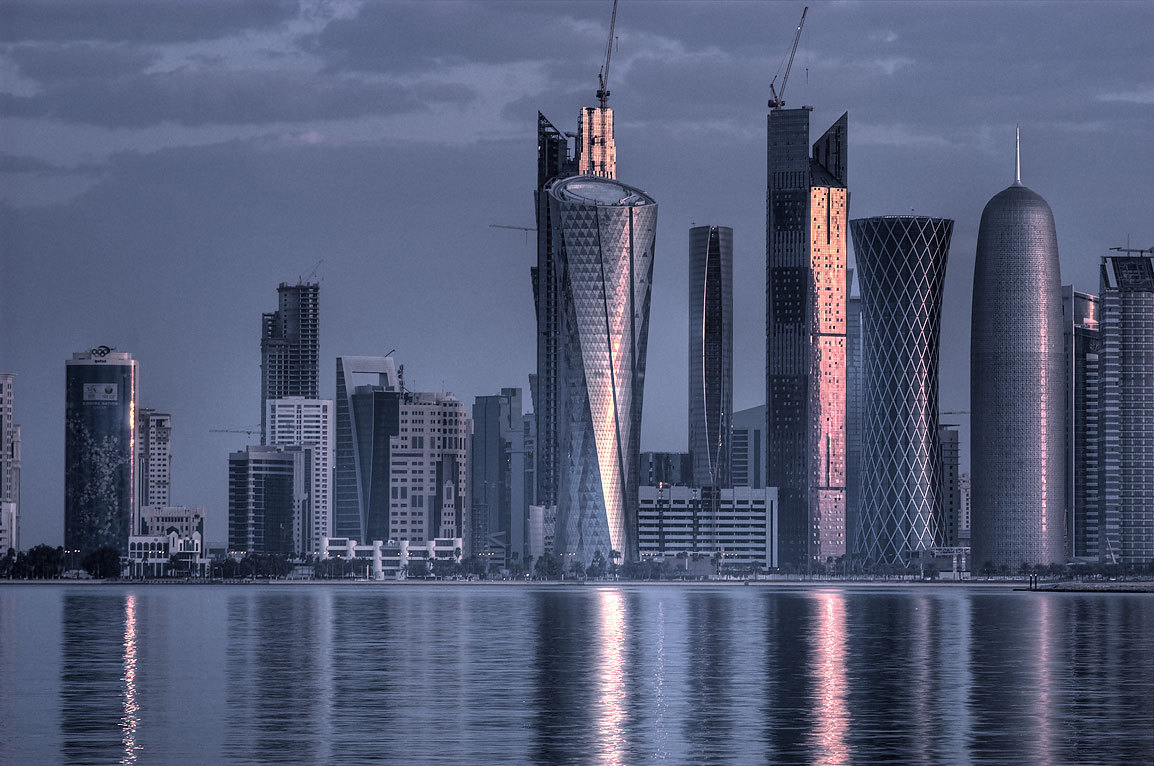
Qatar and the UAE have been named in the world’s top four markets for investing in infrastructure projects, according to a new report by global consultancy EC Harris. It said funds looking for a steady and reliable return on the capital they invest in infrastructure projects should focus their attention on the Middle East region.
The firm’s Infrastructure Investment Index ranked 40 countries according to the ease in which lenders could secure a return on the finance they provide for large-scale infrastructure schemes within the transportation, power and utilities sectors. Qatar was ranked second globally and the UAE was placed fourth while Saudi Arabia was also prominent, ranking 11th.
The study found that the level of risk facing investors in the Middle East was comparatively low, with high levels of income per capita, low taxation and strong government support for large-scale infrastructure schemes – three of the primary factors that were helping to reduce risk and build real confidence within the investor community.
According to the report, Qatar and the UAE’s willingness and ability to quickly move major projects forward contrasted heavily with the UK and parts of Western Europe where overly high levels of regulation, red tape and tax are threatening to undermine their future competitiveness.
The report also underlined the scale and volume of opportunities on offer across the Middle East particularly in Qatar where a major capital investment programme is already underway to help improve the country’s infrastructure ahead of the 2022 FIFA World Cup. Between now and 2022, an estimated $100bn is expected to be allocated to infrastructure projects, including many high-profile schemes such as the Doha Bay crossing, the Doha Metro system, and a major new airport development.
Alistair Kirk, head of infrastructure, industry and utilities, Middle East at EC Harris said: “The Qatari government has shown a real willingness to enter into joint venture agreements with the private finance community, to build the infrastructure needed to deliver their 2030 National Vision.”
“Qatar offers an excellent business environment however for investors the biggest challenge is likely to come from a project delivery perspective. Securing access to the right capability within the supply chain and to the volume of materials required to deliver so many projects in such a short window, will require rigorous and early planning.”
Saudi Arabia (11th) was also deemed to be a low-risk market for infrastructure investors. EC Harris said strong economic and population growth meant the demand for new assets was likely to remain high over the coming years, Kirk added: “Saudi Arabia has equally ambitious plans to improve its hard infrastructure particularly the rail links throughout the country and its power generation & distribution networks.
“We’re already starting to see a flow of capital between Asian economies and markets like Iraq and Saudi Arabia, and provided the political situation remains stable this looks set to continue. However, if social unrest does become an issue funds are likely to stay within the region and just shift their focus on to safe haven markets such as the UAE or Qatar,” said Kirk.
Looking beyond the Gulf, the report also highlighted potential opportunities in the North Africa region particularly in markets such as Egypt and Libya as they look to rebuild large parts of their national infrastructure in the aftermath of the Arab Spring.
Source : http://www.qatarisbooming.com/2012/12/23/qatar-and-uae-among-worlds-top-infrastructure-markets/
